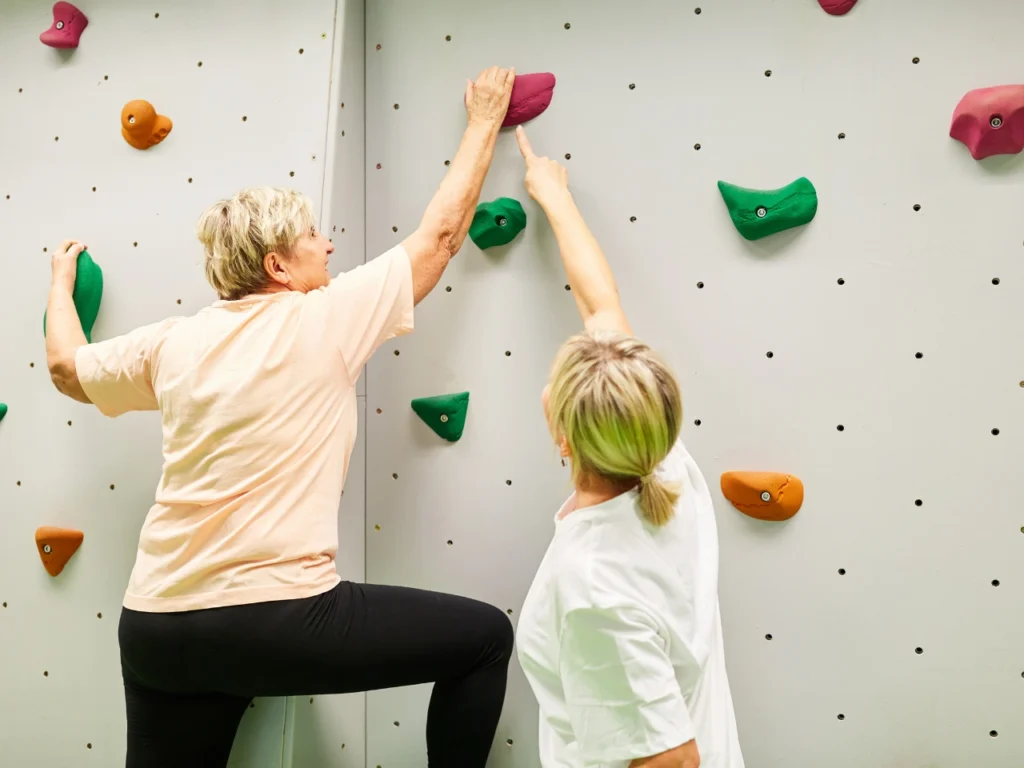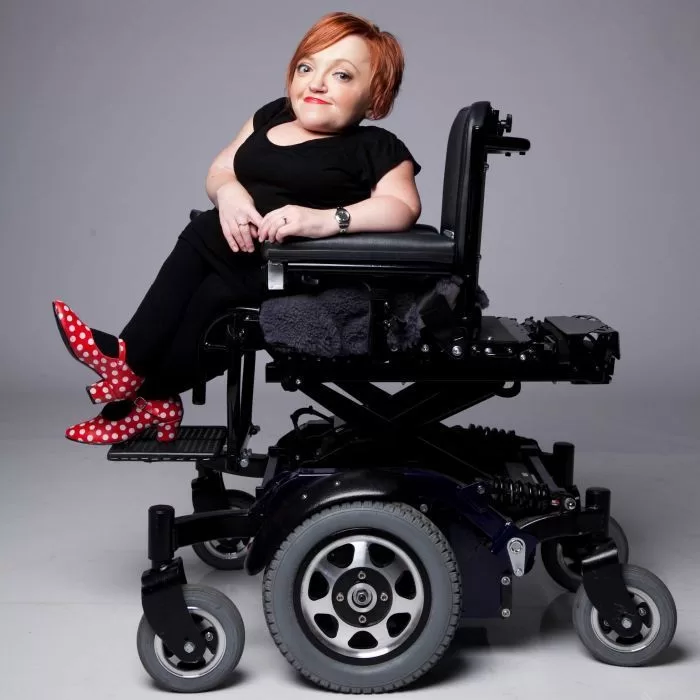Updated on November 7, 2024

What is Support Coordination?
Support coordination is a service designed to help NDIS participants make the most of their funding by connecting them with the appropriate support and services.
It ensures that people with disabilities access the help they need and gain the skills and confidence to navigate the system independently over time.
Support coordination is more than just organising services. It’s about providing NDIS participants with the tools to understand and manage their plans.
Under the NDIS, there are three levels of support coordination services:
- Support Connection: This helps participants connect with informal, community, and funded supports, building their ability to manage their services independently over time.
- Support Coordination: This goes further, helping participants navigate their NDIS plans, coordinate various service providers, and work towards long-term goals.
- Specialist Support Coordination: For participants with more complex needs, this higher level of support offers intense, personalised assistance to overcome significant challenges.
Each level of support coordination is designed to fit the participant’s specific situation, aiming to foster independence and confidence.
The Role of a Support Coordinator
A support coordinator is much more than a simple case manager—they act as a guide, advocate, and problem-solver. Their job is to help NDIS participants make sense of their plans and ensure they’re accessing the right services to meet their needs.
Here’s a closer look at some of the key responsibilities of a support coordinator:
- Understanding the NDIS Plan: NDIS plans can be complex, and many participants may need help understanding what’s included. A support coordinator helps participants break down their plans, explaining what services are funded and how to access them.
- Connecting to Service Providers: One of the support coordinator’s most essential functions is linking participants to the right providers. This might include finding therapists, support workers, housing services, or social programs that align with the participant’s goals.
- Capacity Building: Rather than just coordinating services, a good support coordinator will focus on building the participant’s skills and capacity to manage their plan over time. This could involve coaching in decision-making, helping to understand contracts or service agreements, and providing strategies to deal with challenges.
- Crisis Management: Life can be unpredictable. A support coordinator is there to assist in times of crisis—whether it’s a change in living arrangements, a health emergency, or a breakdown in services. They work quickly to resolve issues and ensure the participant’s care is not disrupted.
- Monitoring Progress: Throughout the NDIS plan, a support coordinator helps track progress. They regularly review how well the participant is achieving their goals and adjust services or supports as needed.
>> Learn more: What Does A Support Coordinator Do?
Why is Support Coordination So Important?
1. Navigating a Complex System
The NDIS offers many services and supports, but accessing them can be complicated. Finding, comparing, and connecting with service providers can take significant time and effort. Without professional support, participants might struggle to fully understand or use their NDIS plan, leading to underutilised services or unmet needs.
Support coordinators simplify the process by helping participants interpret their plans, match them with the right services, and handle the paperwork and logistics. They ensure that participants aren’t missing out on crucial support and that their plans effectively meet their needs.
2. Promoting Choice and Control
The NDIS is built on the principles of choice and control, meaning participants should be free to decide who provides their services and how they are delivered. However, many people find it challenging to navigate the sheer number of options available.
A support coordinator helps participants make informed choices that align with their preferences and goals. Rather than just selecting the first available service, participants are empowered to choose providers that best suit their individual needs, promoting greater satisfaction and autonomy.
3. Creating a Holistic Support Network
For NDIS participants, support often spans multiple areas—personal care, health services, social activities, and community engagement. Support coordinators ensure that all these services work harmoniously, focusing on the participant’s overall well-being.
By taking a holistic approach to care, a support coordinator ensures that participants are meeting their immediate needs and working towards long-term goals. This includes ensuring that the participant’s support network is balanced, sustainable, and aligned with their vision for the future.
4. Crisis Support and Problem-Solving
Sometimes, despite careful planning, things don’t go as expected. Health issues can arise, living situations can change, or service providers might no longer be a good fit. In these moments, participants need swift, effective solutions.
A support coordinator manages these crises, ensuring that participants continue receiving the services they need without significant disruption. This proactive problem-solving can be a lifeline for participants and their families, who may not have the resources or knowledge to handle such situations independently.
The Impact on Families and Carers
It’s important to recognize that support coordination doesn’t just benefit the participant—it also has a profound impact on their families and carers. Caring for a loved one with a disability can be stressful and time-consuming, particularly when it comes to navigating the NDIS system.
Support coordinators ease this burden by handling the administrative work and meeting the participant’s needs. This allows families to focus on providing emotional support and building positive relationships rather than getting bogged down in care logistics.
Knowing that a professional oversees the process can bring much-needed peace of mind to families and carers.
Barriers to Accessing Support Coordination
Despite its clear benefits, some participants face challenges in accessing support coordination. This can happen for a variety of reasons, including:
- Lack of awareness about the availability of support coordination services
- Insufficient funding for support coordination in an NDIS plan
- Uncertainty about how to request support coordination during plan reviews.
How Centre Disability Support Can Help
At Centre Disability Support, we’re committed to helping you and your family get the most out of your NDIS plans. Our experienced support coordinators work closely with each participant to ensure they understand their plan, access the right services, and receive the support they need to achieve their goals. Whether you’re new to the NDIS or have an existing plan, we can guide you through every step of the process with care and expertise.
By taking a person-centred approach, we focus on what matters most to you—building independence, enhancing social participation, or improving your overall quality of life. Our team is here to provide the knowledge, support, and advocacy you need to thrive.
MORE FROM CENTRE DISABILITY SUPPORT
What Does A Support Coordinator Do?
How to Become a Disability Support Worker in Australia
Hospital to Home: How Disability Support Can Aid Transition and Recovery
What Is Person-Centered Support?



